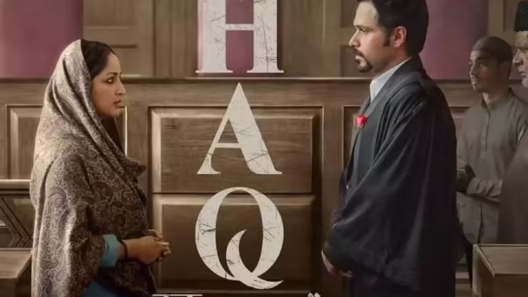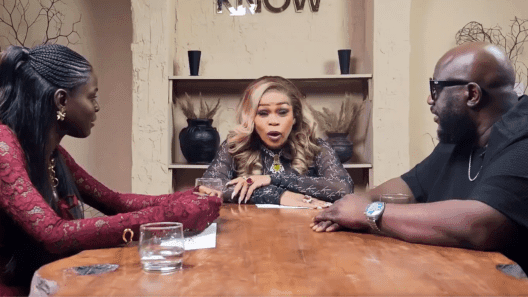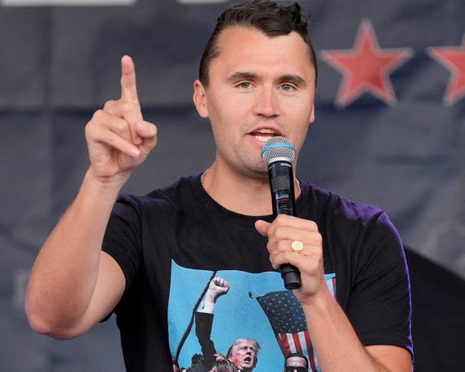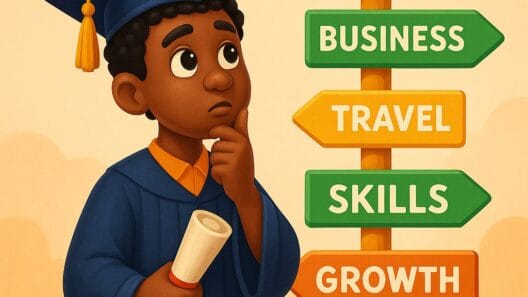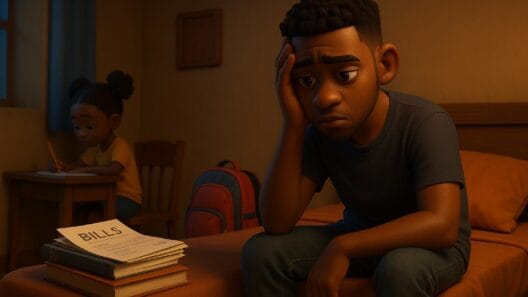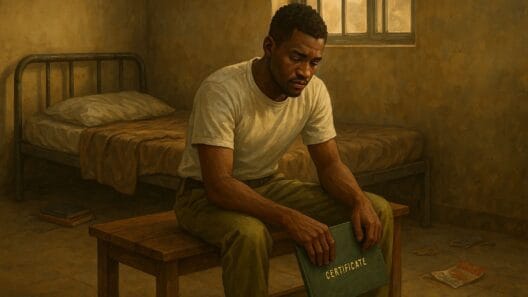When news broke that Charlie Kirk had been shot while speaking at a university event, the world stopped for a moment. Some were shocked, some angry, and others immediately jumped into political debates. But beyond the headlines and breaking news alerts, this tragedy forces us to ask: what does it really say about the state of politics today?
We live in an age where politics isn’t just about policies anymore—it’s about identities, emotions, and, sadly, division. People aren’t just disagreeing with ideas; they are clashing with each other on a deeply personal level. Social media has only amplified this, turning every opinion into a battleground and every public figure into a target.
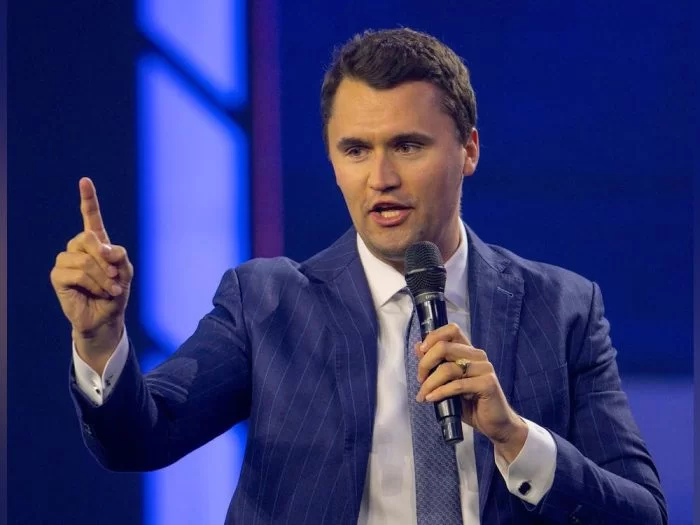
The Charlie Kirk shooting is more than an attack on a person; it’s a mirror reflecting how fragile our political environment has become. When dialogue is replaced with hostility, when speeches are met with violence, we all lose. It shows how far we’ve drifted from the core of democracy: the ability to disagree without destroying each other.
But here’s the truth—violence doesn’t silence division, it deepens it. Real change only happens when conversations are protected, even when they’re uncomfortable. Whether you agree with Charlie Kirk or not, his right to speak without fear of death should never be negotiable.
For us as individuals, this tragedy is a reminder to check our own hearts. Are we quick to attack those who think differently? Do we dehumanize people just because they stand on the other side of an argument? If we truly want a better society, we must start by choosing empathy over rage, dialogue over destruction.
The shooting is tragic, but it doesn’t have to end as just another dark headline. It can be the moment that pushes us to demand better—better conversations, better leaders, and better ways of resolving conflict. Because the future of politics is not written by the ones who pick up weapons, but by the ones who still believe in the power of words.





